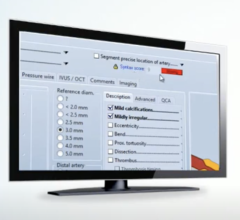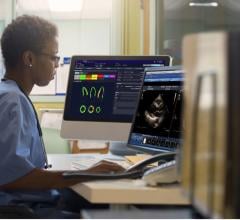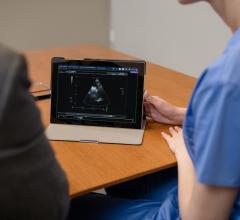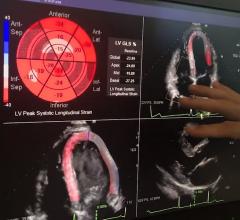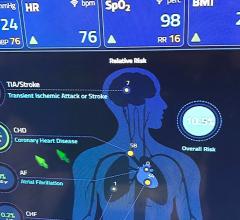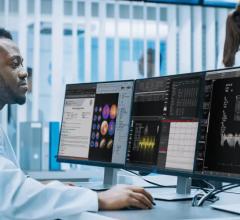
November 20, 2012 — More than 570 providers identify McKesson, Merge, Philips and Siemens as the top vendors in terms of overall provider satisfaction and adoption, according to the recently released KLAS study, Cardiology IT 2012: Fitting the Pieces Together.
The research also suggests that while cardiology IT providers have found different levels of success with different vendors, they are still searching for the holy grail of integration, functionality and comprehensive modules, with an end goal of improving patient care. Although many vendors strive to provide a holistic solution, providers have yet to identify any one vendor as successfully meeting this need.
"Though no vendor handles every provider desire with ease, some are closer to meeting those needs than others," said Monique Rasband, cardiology research director and author of the report. "Most providers are anxious to be able to work with one vendor who has the needed modules and functional strength to make their physicians, clinical users and integration successful. Providers who wish to cover several modalities while going to a single vendor are left wanting more. However, those going with McKesson, Merge, Philips or Siemens seem to feel they are getting closer to their target."
Vendors in the report are divided into three tiers. The tier-one vendors are grouped together for high performance and deeper provider adoption. Tier-two vendors have high performance with lower adoption and include Digisonics, Lumedx and ScImage. The vendors with both lower performance and lower adoption include Agfa, Fuji and GE, and are labeled tier three. The major modules are defined as: reporting and cardio PACS (picture archiving and communication system) for echo, cath, vascular/peripheral vascular, pediatric echo and cath, nuclear cardiology, and electrophysiology.
Cardiology IT Vendor Performance Relative to Major Module Adoption
In addition to using more of their vendor's modules, customers for tier-one vendors McKesson, Merge, Philips and Siemens tend to also be relatively pleased with other aspects of their vendor's service and system. McKesson's overall performance score has improved nearly three points since last year, which is partly due to providers who have upgraded to v.12. Cath reporting, however, continues to be a pain point for some clients. Merge customers are generally optimistic about future development and indicate their satisfaction with functionality in CPACS and reporting. Although remote access functionality has improved, users say that the echo measurements have additional room for improvement in the remote version.
Philips' customers report having a solid, functional system for vascular PACS and reporting, as well as adult echo PACS and reporting. Although integration is a missing element, Philips has many pieces necessary for a complete CVIS (cardiovascular information system). Siemens has improved its KLAS performance score by 10 points by providing better communication and service. Providers are confident that Siemens will continue to improve even though many are still awaiting some functionality improvements.
Tier-two vendors — Digisonics, Lumedx and ScImage — all perform relatively well, but they struggle with adoption in some key areas. Digisonics has strong adoption in echo but lower adoption in cath. Lumedx is strong in cath reporting and CPACS but lacks adoption in echo and vascular/peripheral vascular. ScImage has strong adoption on the CPACS side; however, reporting is weaker, especially for cath.
Tier-three vendors — Agfa, Fuji and GE — struggle in both performance and adoption. Agfa's adoption suffers with reporting, particularly for vascular. Although Fuji has great adoption of echo functionality, they lack cath and vascular functionality. GE has strong adoption of cath PACS but is weaker in all reporting areas. All three vendors have promised functionality they have yet to deliver to customers, and that has influenced the lower performance scores.
For more information: www.klasresearch.com/klasreports


 November 06, 2025
November 06, 2025 


